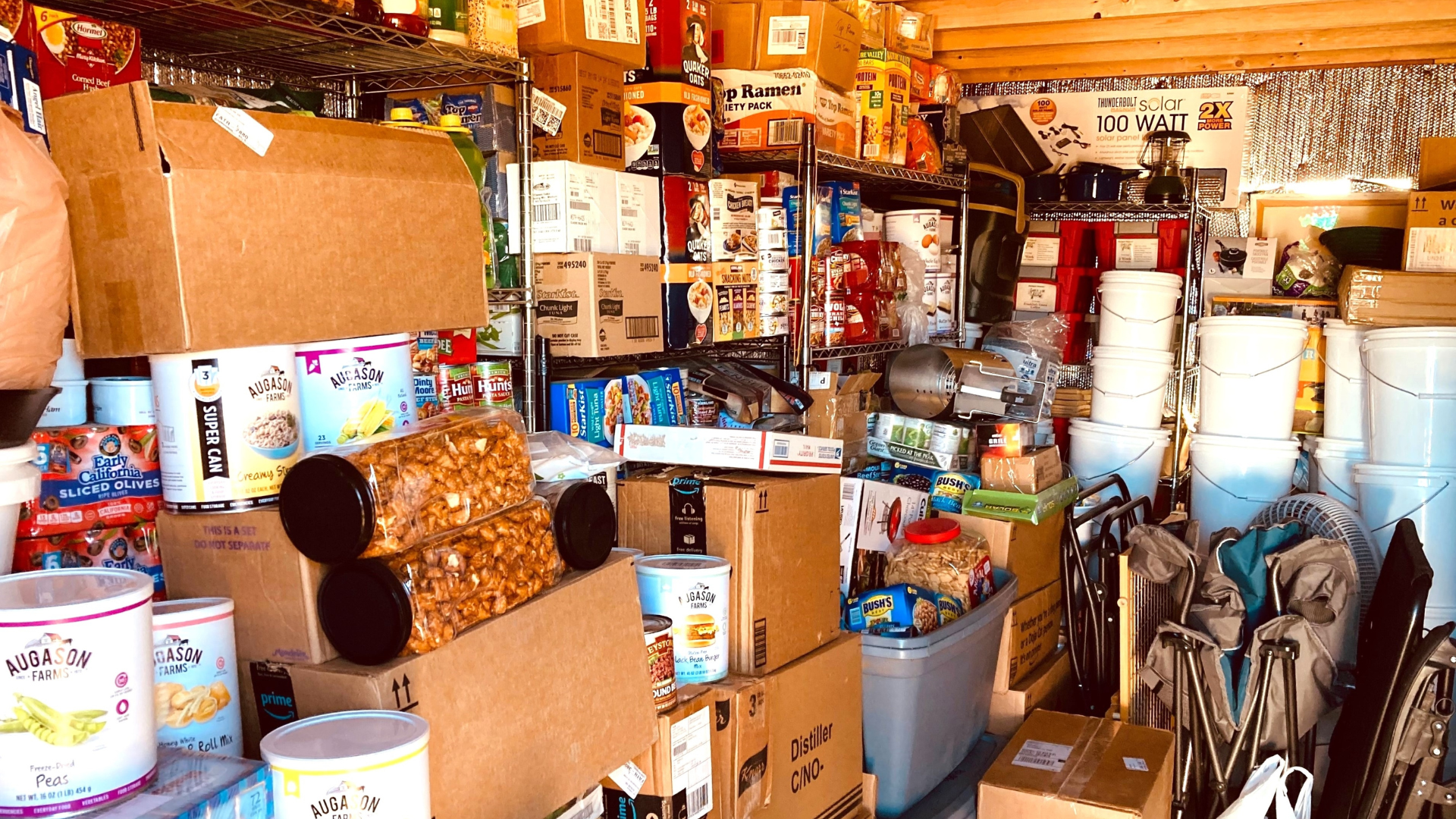As we embark on a new year and the 135th General Assembly, The Center for Community Solutions has laid out a set of priorities for the 2024-2025 state budget that closely align with our organizational policy priority areas and build upon progress made to date. Our budget priorities are responsive to the fact that we’re still dealing with COVID-19 and all of the challenges that came with it and they try to address longstanding, structural, racial, and economic disparities that have become even more apparent over the last three years. Be sure to check out John Corlett's accompanying piece on successful budget advocacy.
Our budget priorities also recognize upcoming changes for Ohio’s Medicaid program, a reduction in Supplemental Nutrition Assistance Program (SNAP) benefits after February, the expected end of the public health emergency later in the spring, and a continued need to support people across the lifespan with services and supports that promote health, safety and wellbeing. John Corlett has written an accompanying piece on successful budget advocacy.
Medicaid
Building on progress to date with Medicaid expansion in Ohio to people with incomes at or below 138 percent of the federal poverty level and expanded coverage for people who have given birth from 60 days postpartum to 12 months, we support moving to continuous Medicaid coverage for children up to six years old. We know that churn in the Medicaid program, when someone comes on and off the program, is detrimental to their health and well-being, especially for children. In addition, increasing general Medicaid eligibility up to 300 percent of the federal poverty line for families and children will reduce this churn.
We support moving to continuous Medicaid coverage for children up to six years old.
In the midst of the state budget, we will also be closely monitoring the end of continuous eligibility in Medicaid which has been a mainstay during the pandemic. Continuous eligibility will end in the spring and the associated enhanced matching dollars from the federal government phase out over the course of the calendar year; monitoring the “unwinding” of this policy will be a high priority for advocates.
Health and Human Services Safety Net
Building on increased awareness of the impact of complex student loans and student loan debt, Community Solutions will seek to create a student loan ombudsman at the state level that will help students and Ohioans with student debt to navigate the complex system upon graduation and beyond. We also see this as a potential source of support to employers and a workforce retention tool, as this office could provide invaluable guidance around Public Service Loan Forgiveness and other ways in which employers can support their employees manage student debt. This support could be particularly helpful to public sector and nonprofit employers who are struggling to retain staff.
In addition to Medicaid changes, the end of supplemental benefits in SNAP will have an immediate and direct impact of Ohio families. This, and other changes as pandemic supports end, means we will have to keenly monitor impacts on families and children and identify ways to mitigate harm, all of which will be happening in the midst of state budget negotiations.
The end of supplemental benefits in SNAP will have an immediate and direct impact of Ohio families; we will have to keenly monitor impacts on families and children.
Behavioral Health
We continue to support the full implementation of OhioRISE, Ohio Medicaid’s program that provides comprehensive care for children with complex needs or multi-system youth. To date OhioRISE has enrolled nearly 15,000 children and youth, with aims to reach 60,000. As OhioRISE is fully implemented, it is imperative that any remaining gaps in care and support are identified and addressed, with flexible state funding intact.
We continue to support the full implementation of OhioRISE, Ohio Medicaid’s program that provides comprehensive care for children with complex needs or multi-system youth.
Community Solutions also seeks to build upon progress to date in supporting harm reduction in Ohio. We are seeking additional funding dedicated to harm reduction in the existing line item at the Ohio Department of Health. This includes, but is not limited to, syringe services programs, naloxone distribution, and fentanyl test strips.
Older Adults
At the end of the 134th General Assembly, Ohio approved the expansion of the Program of All-inclusive Care for the Elderly or PACE, a managed care program that provides older adults with all of their medical and health needs in a coordinated, wraparound model. Community Solutions will monitor the implementation of the PACE expansion and ensure it is reaching those most in need of services.
We will work alongside others to further increase support for adult protective services, especially in light of increased social isolation as a result of the pandemic.
We have long supported adequate funding for the adult protective services system. Building on progress made in the last state budget, we will work alongside others to further increase support for adult protective services, especially in light of increased social isolation as a result of the pandemic.
Women’s and Children’s Health
Community Solutions dedicated significant time and attention in the last General Assembly to expanding and diversifying the perinatal workforce. We know this will have a direct, positive impact in addressing racial disparities in outcomes for women and babies across this state. This work will continue in the 135th General Assembly as we seek Medicaid reimbursement for doula services and certification of midwives to practice in Ohio. We see this as consistent with Governor DeWine’s commitment to making Ohio the most family-friendly state.
Medicaid reimbursement for doula services and certification of midwives is consistent with Governor DeWine’s commitment to making Ohio the most family-friendly state.
We are also committed to improving access to the Special Supplemental Nutrition Program for Women, Infants, and Children (WIC) in Ohio, building upon the groundwork that we have laid, along with partner organizations, over the last year.




.png)
.png)


